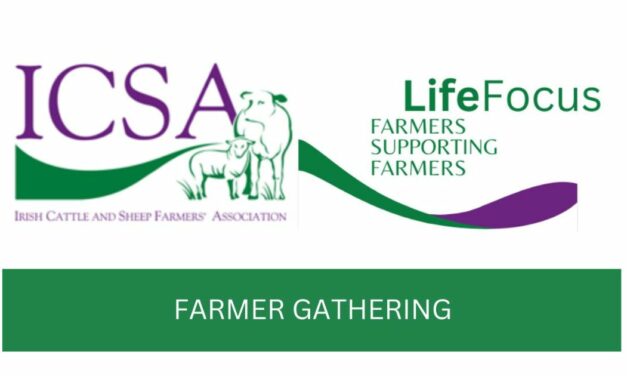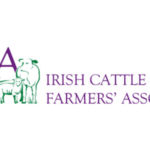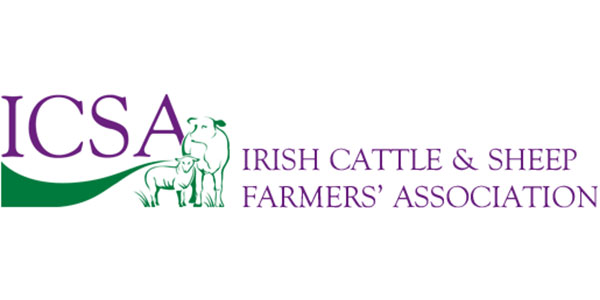FARMING INDEPENDENT – 12 JULY 2016
 1
1The expansion of the lucrative live cattle export trade to Britain and Northern Ireland could be an unlikely consequence of Brexit, a farm body has claimed.
ICSA beef chairman Edmond Phelan suggested that Brexit could reignite the live trade to the UK, which had been hampered in recent years by the way British supermarkets have implemented EU country of origin labelling regulations.
“The EU labelling requirement for beef demands that the label contains details of the animal since birth. UK supermarkets deem that it is too complex to provide information on beef from animals born in the Republic of Ireland and finished in the UK,” Mr Phelan explained.
“However, post Brexit, it will be up to the UK to draft its own labelling laws. While they might choose to keep the same rules, there will be a need to avoid flouting WTO laws on barriers to trade,” he added.
Mr Phelan argued the manner in which UK supermarkets are currently handling the country-of-origin labelling issue is acceptable only because both the UK and Ireland are essentially regions within the one WTO member, the European Union.
“But if the UK is outside the EU, then the WTO could take a much closer interest in the way in which live exports between Ireland and the UK are effectively blocked,” he said.
Irish exports to the North have held at around 55,000 head over the last few years, but hit a recent high of 95,000 head in 2010.
Exports to Britain reached 18,000 head in 2014 but generally ranged from 7,000 to 11,000 head since 2010.
While Mr Phelan accepted that Turkey, Italy and Spain would be the primary focus for weanling exports this year, he said all outlets had to be considered.
However, the Ulster Farmers’ Union (UFU) maintained that the labelling issues remained unclear and said it was too early to speculate on how trading arrangements might develop in the post-Brexit era.
But the union’s deputy president Victor Chestnutt accepted that Brexit would certainly bring “challenges and opportunities”, and it was up to the farmer unions to “maximise the opportunities” on behalf of their members.
Norman Bagley of the Association of Independent Meat Suppliers in Britain was equally unsure that the live trade for Irish cattle would get a boost from Brexit.
He pointed out that the British market had become increasingly polarised, with a premium being paid for stock that met supermarket specs and qualified for the Red Tractor label.
“Yes, we could agree a way of nationalising these [Irish] cattle,” he said. “But I’m not certain where the push would come from.”
Cheap food
Mr Phelan also cast doubt on the theory that Britain would suddenly adopt a cheap food policy post Brexit and fully open its domestic market to cheap beef imports from South America.
He pointed out that UK supermarkets have been to the forefront in adopting some of the most challenging specs and requirements for domestic and EU suppliers and will be careful to avoid allegations of double standards.
The drystock farmers’ organisation urged policy makers to “think outside the box” and identify the opportunities offered by the changed trading landscape, as well as highlighting the threats.
Mr Phelan said Ireland’s Brexit policy should be framed with the needs of Irish farmers in mind rather than “dancing to the tune of a few large-scale processors”.
He said Brexit should not be used as an excuse to “create panic and despondency in the cattle sector” and maintained that the recent drop in the value of sterling should not be over-egged.
“Despite the hype, the drop in sterling is within the normal range of fluctuation and we have seen sterling just as weak in 2013 when beef prices here were quite strong.”
IFA president Joe Healy has said meat factories are unnecessarily pulling beef price quotes on the back of Brexit, while demand from UK supermarkets remains strong.
He said the Agriculture Minister Michael Creed must intervene to stop cattle prices and confidence being eroded ahead of the Beef Forum set for Thursday, July 21.
Meat Industry Ireland has pointed out the cattle price is on a par with the UK and is currently at 111pc of the EU average.
A spokesman said the reality is that the value of sterling is now 15pc down on pre-Brexit and 25pc down on November 2015 and it has a direct impact on returns.
Indo Farming






